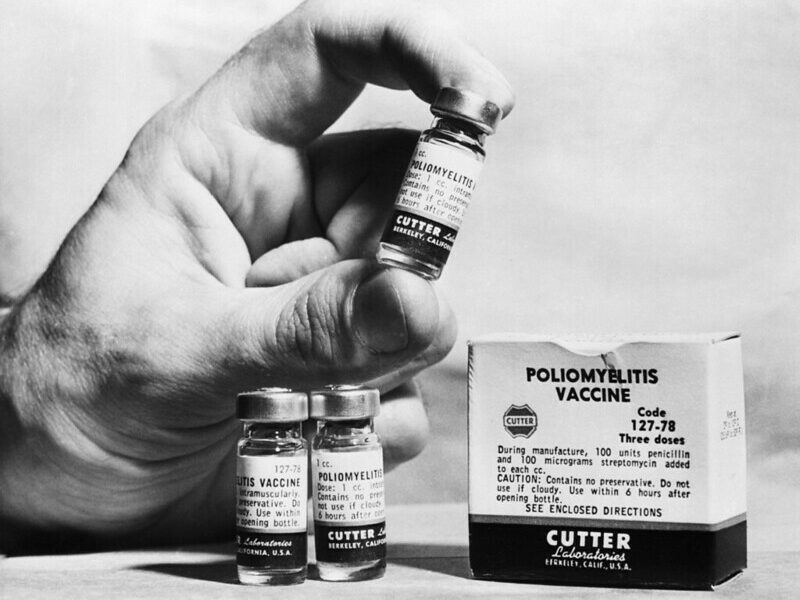South Sudan is experiencing an ‘unprecedented’ outbreak of malaria, with Médecins Sans Frontières/Doctors Without Borders (MSF) stating that this year’s malaria outbreak is the ‘most severe’ it has ever seen [1]. According to the United Nations Coordination for Humanitarian Affairs (OCHA), there have been approximately 1.6 million malaria cases reported thus far, with some areas of South Sudan having more than quadrupled their numbers from the same period last year [1]. Northern Bahr el Ghazar, located on the border with Sudan, is one of the states that have been hit the hardest [1].
All About Malaria
A mosquito-borne disease, malaria is caused by a parasite that infects female Anopheles mosquitoes [2,3]. The mosquitoes engage in blood meals to contribute to egg cycle production, and during these feedings can transmit malaria to humans [3]. Although infected with the malarial parasites, mosquito hosts clinically present with disease, they are therefore known as vectors [3].
Malaria can be categorized as either uncomplicated or complicated (severe) [4]. Symptoms of uncomplicated malaria often present with fever, chills, headaches, sweats, nausea, vomiting, body aches, and general malaise [4]. Severe malaria occurs when complications arise as a result of a malarial infection – often involving organ failure or abnormalities in a patient’s blood or metabolism [4]. Some of these manifestations of severe malaria can include cerebral malaria, severe anemia, acute respiratory distress, low blood pressure, acute kidney failure, and hyperparasitemia [4].
Prevention and treatment of malaria is possible. Malaria prevention generally involves mosquito control measures, including using long-lasting insecticide-treated bed nets (LLINs) and indoor residual spraying [6]. However, malaria can also be prevented and treated using arteminisinin-based combination therapies (ACTs) [6]. There is currently no vaccine for malaria [6].
In August 2015, MSF published an announcement, warning that the upcoming malarial season in South Sudan could be severe – particularly indicative after project sampling revealed an equally high number of malaria patients in the first quarter of the malaria season [5]. MSF also noted that while the malaria season typically ranges from May to December in South Sudan, the rains had been “slow to arrive”, raising concerns regarding the acceleration of malaria once the rains began [5].
Why is this outbreak so bad?
Malaria is endemic within South Sudan, but external factors may have contributed to the severity of this year’s outbreak [1]. In addition to weather, shortages of supplies have been cited, resulting in an inability to provide adequate care of patients flooding health facilities for treatment [1]. In an interview with Al Jazeera English at the Public Healthcare Clinic (PHCC) in Nyamlell in West Aweil county, nurse Matthew Deng cites that there have been vast anti-malarial drug shortages – of these shortages, he says, “We don’t always have drugs for malaria because everything is supplied by the Ministry of Health. The last batch of medication we received was in November but for this month we haven’t received anything.” According to Deng, the center was given 2,000 paracetamol tablets – a simple anti-malarial medication, estimated to last the health facility for a month; the facility used all 2,000 tablets within the week [1].
The only alternative for clinicians in these situations is to write a prescription for patients who then must pay out-of-pocket to obtain the medication at their local pharmacy [1]. While simple anti-malarial medication costs approximately $1.25, the price is still often out of reach for many South Sudanese [1]. Many patients go without the prescribed medication, and return when a complication from malaria, or severe malaria, arises [1]. Access to healthcare and affordable treatment is further complicated by a shortage of qualified health personnel – Deng predicts that ten out of the thirty people currently working at the Public Healthcare Clinic will lose their jobs in the coming year; none of the current staff are doctors [1].
In response to the outbreak, a malaria task force consisting of OCHA, the South Sudanese Ministry of Health, and partner NGOs has formed [1]. It is estimated that an additional $4 million is needed to assist in the distribution of mosquito nets and anti-malarial medication, according to OCHA [1].
—
Sources
[1] http://www.aljazeera.com/indepth/features/2015/12/malaria-outbreak-south-sudan-151229092502839.html
[2] http://www.cdc.gov/malaria/about/index.html
[3] http://www.cdc.gov/malaria/about/biology/mosquitoes/
[4] http://www.cdc.gov/malaria/about/disease.html#uncomplicated
[5] http://www.msf.org/article/south-sudan-pace-second-exceptionally-severe-malaria-season
